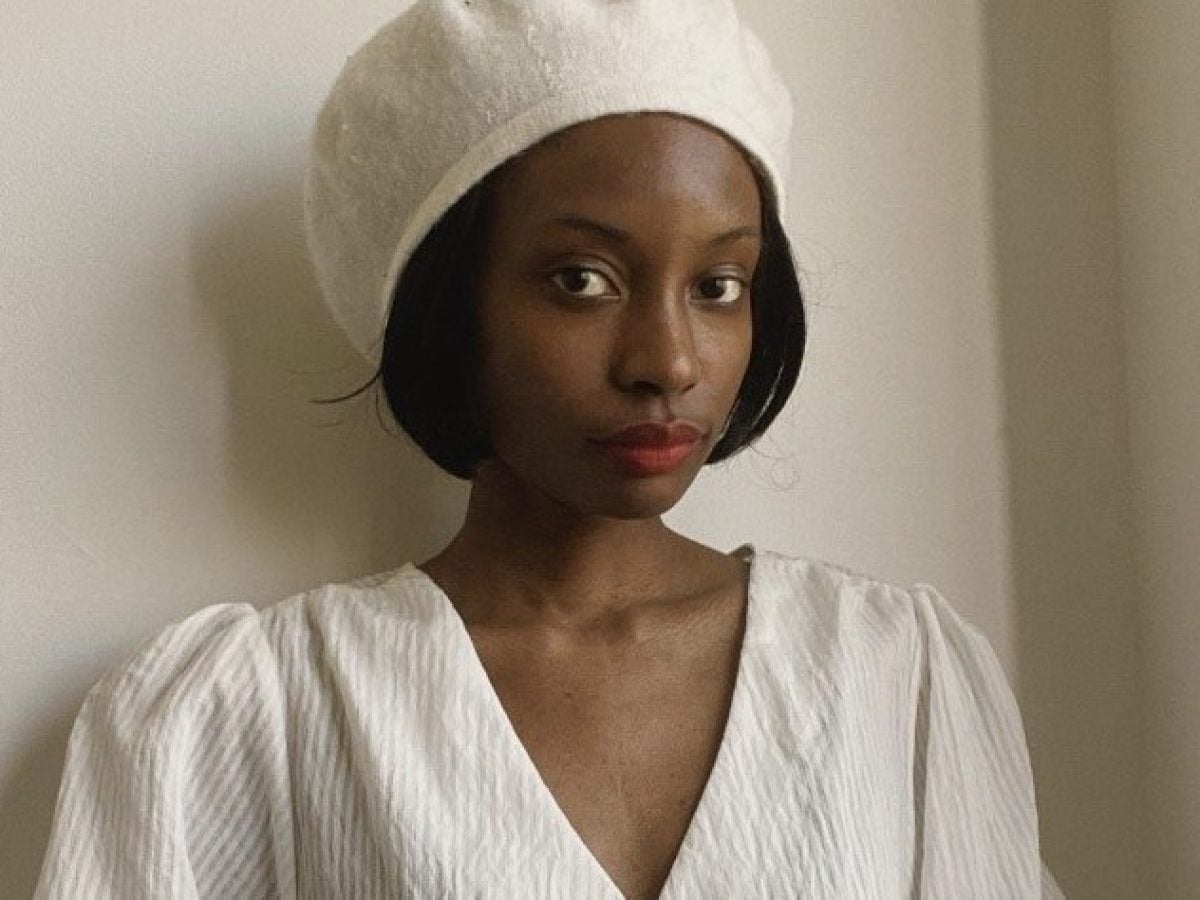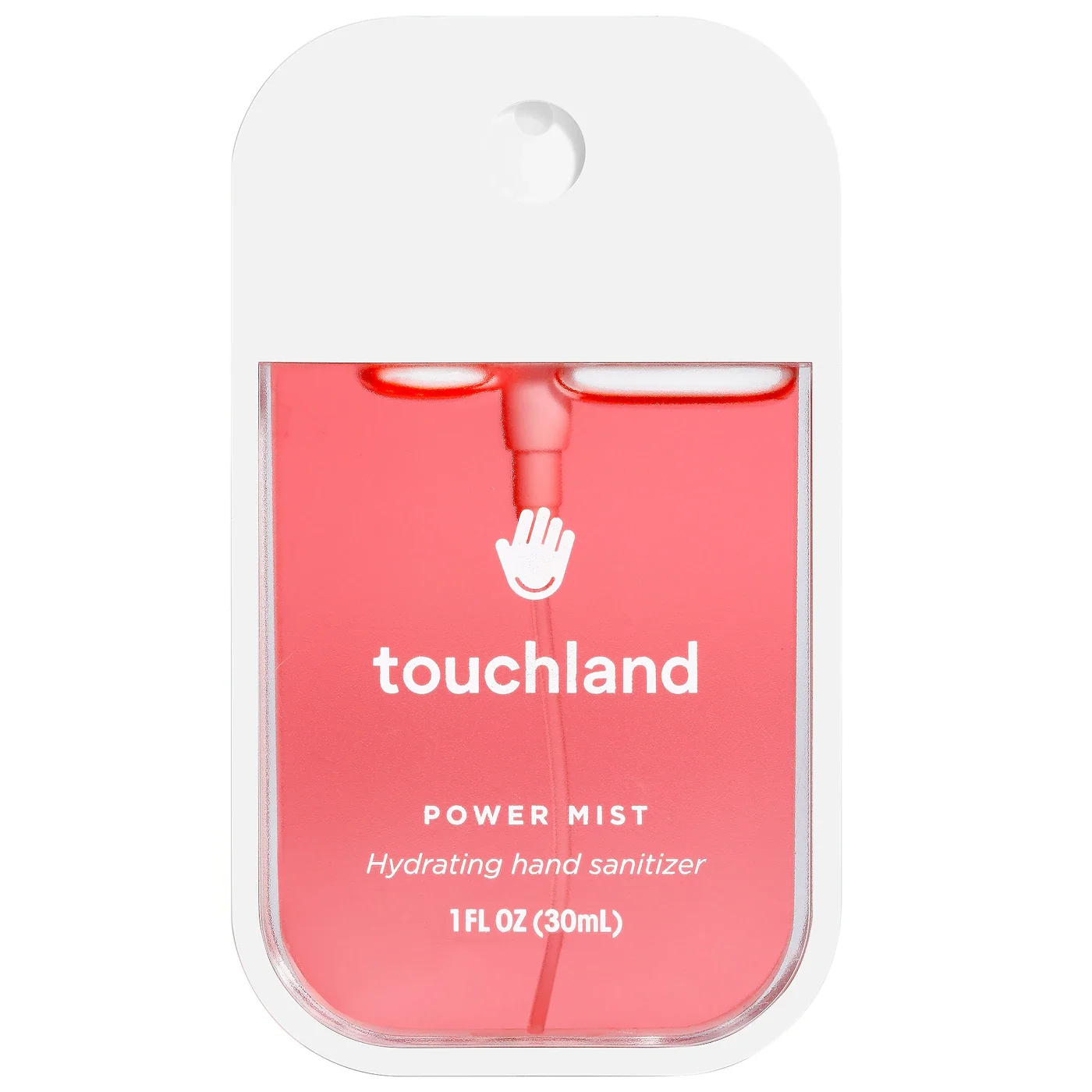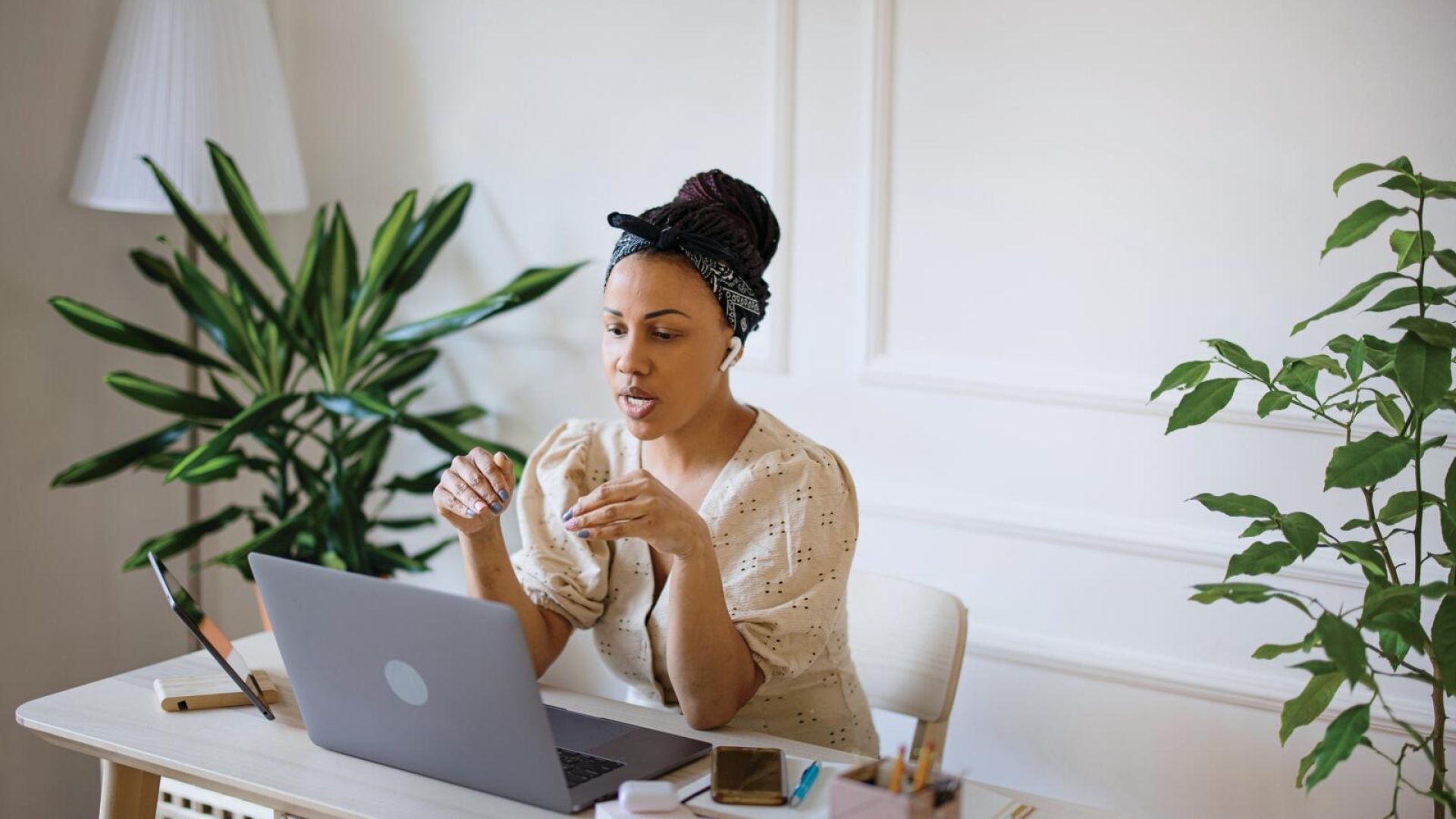
Since June 2022, TechCrunch reporter Dominic-Madori Davis has been stirring up robust conversations around the abysmal state of diverse venture capital investment in minority-founded startups, particularly Black ones. In a series of thoughtful reports, Davis offers a meditation on what it’s really like to be a Black founder in pursuit of VC support, particularly in the age of corporate DEI over-promising and underdelivering following the social justice reckoning of June 2020.
Earlier this month, Davis reported that Black founders in the United States raised 1% of the $215.9 billion in venture capital allocated last year. That is not to be confused with the 1.3% raised in 2021, the 0.8% they pulled in 2020, the 1% they got in 2019 or the 1.1% raised in both 2018 and 2017, according to Crunchbase data she writes.
Despite the small spurts of progress, the VC industry has a diversity blind spot and Black founders are the most overlooked. In a sit down, Davis told ESSENCE what she thinks this issue means for the future of the Black business ecosystem and what she’s learned after digging into the disconcerting data for the past year.
Based on the data you’ve seen lately in the VC space, what do you see for the future of Black founders seeking capital?
“I do think they will have forge their own paths forward right now because gatekeepers have been aware of the problem and change has been moving very slowly and as we can see from the statistics, how do you dip from 1.3% to 1%? Come on now. And I honestly think there needs to be more perhaps education around this asset class, especially to the highest of black earners. It’s good to see public figures like Serena Williams and Kevin Hart among others coming in and perhaps just telling more prominent, but most importantly very rich Black people to look at becoming LPs. But within that there has to be a specific focus on Black people because honestly, these white men have been focused on funding other white men. It’s good to start funds with a diverse lens, but someone has to have a specific focus on the Black community just as these white men have done for themselves because otherwise there’s always going to be more of the same. And I think the more people talk about this broadly, not just in private, investors will start to hold themselves more accountable.”
Totally agree. I really love the candor and transparency with which you illustrate this data. You do an incredible job of putting a face to the numbers we see all the time, and humanizing a very concerning trend that can sometimes get lost in the numbers. For example, in one of your pieces a fellow under-funded Black founder said they were embarrassed to always be associated with negative metrics after all this time. As you’re writing these stories, do you similarly feel ashamed or angered at all by these numbers?







“It’s so funny because I always say that I don’t have strong emotions. And then my editors read it and they’re like, you feel really passionate about this. And I was like, really? Because I felt like I just report on what’s out there for everyone to see. I’m not embarrassed only because I feel like if anything, it’s these people who are not funding Black people who should be embarrassed. And I think that the more we share this on a large platform like Tech Crunch, the more it makes them look really weird. You had a diversity pledge, but how is this number still the same? I think that you have to keep hammering people and they should be embarrassed. I am unashamed.”
Yeah, and you shouldn’t because you’re doing the Lord’s work, honestly (laughs). Is there anything else about this series of stories that you want to call out?
Just that I’m going to keep telling these stories as long as the problems persist. Once founders are funded equally, my reporting will reflect it.




